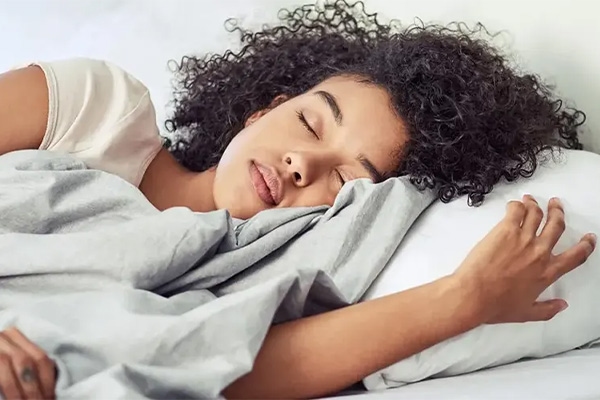Getting all eight hours of sleep each night can be challenging. Even worse, there are instances when someone feels exhausted even after getting enough sleep. Truth is the many explanations for why fatigue endures even after getting the appropriate amount of sleep.
One of the most straightforward explanations is that your body might need more sleep than usual. Nevertheless, it's also possible that your fatigue stems from inadequate quality sleep at night rather than an excess of it. The activities you engage in before going to bed may negatively impact the quality of your sleep.
How Does Your Sleep Quality Affect the Quality of Your Life?
A team of scientists from the Czech Academy of Sciences and Charles University in Prague delved into slumber to uncover some intriguing findings. After closely monitoring the sleep habits of nearly 4,000 Czech citizens for three years, they discovered that those who reported better sleep quality were logging more shut-eye and dozing off more quickly.
In addition, these individuals saw noticeable improvements in their standard of living. Happiness, job stress, contentment, well-being, and health were all considered when assessing the quality of life for these study participants.
This comprehensive analysis revealed a clear link between getting adequate sleep and experiencing a higher quality of life. Surprisingly, sleep quality proved to be a more influential factor in overall well-being than the quantity of hours slept.
Why Do You Wake Up Tired?
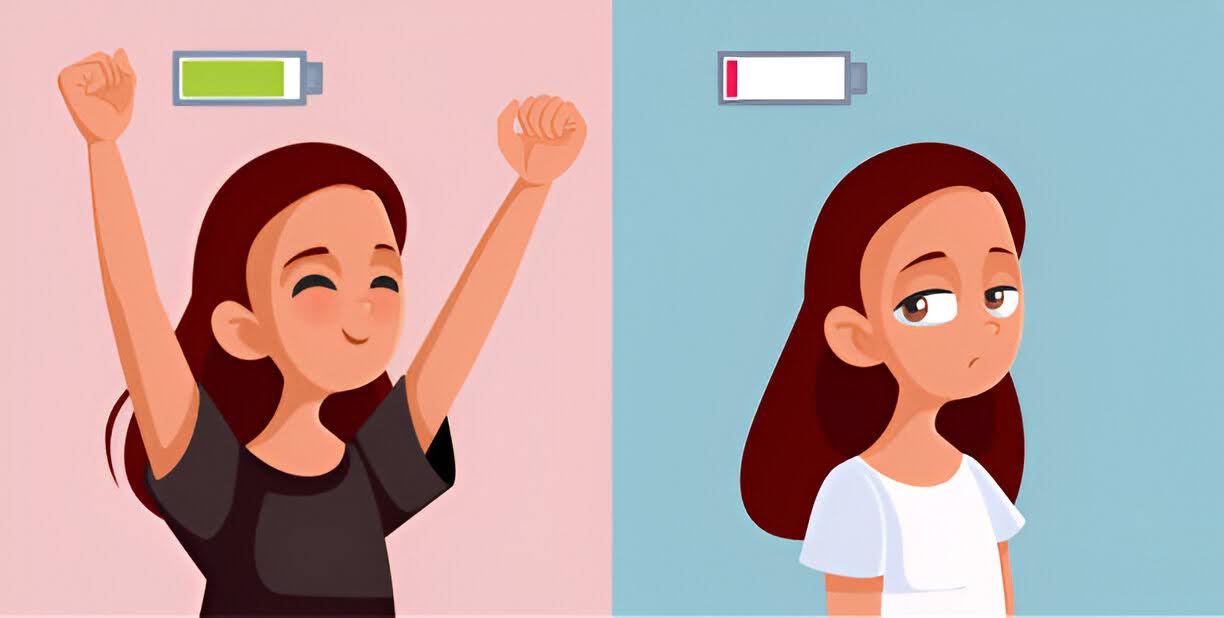
A Sleep Disorder
If you find yourself struggling with fatigue and mental cloudiness throughout the day, you may have an underlying sleep disorder. One typical example is sleep apnea, which causes temporary pauses in breathing while asleep and is often accompanied by excessive tiredness.
Other sleep disorders, such as restless legs syndrome (RLS), can also contribute to feelings of fogginess and even disrupt sleep patterns. Insomnia, narcolepsy, and hypersomnia are all different types of sleep disorders that can also lead to daytime exhaustion.
Thyroid
If you feel exhausted during the day, consider the possibility of a thyroid issuе. Fatigue is a prevalent symptom of an underactive thyroid, where the gland does not produce enough thyroid hormone. This can cause a decrease in metabolism, leading to persistent tiredness.
Diet and Alcohol Consumption
The food we consume and the amount of alcohol we ingest can significantly affect our sleep patterns. While indulging in a large meal before hitting the hay can have negative consequences on our slumber, alcohol can also have a disruptive impact. Consuming alcohol within four hours of bedtime can significantly hinder the quality of our sleep throughout the entire night.
Despite the initial drowsiness that may be felt, alcohol ultimately leads to disturbed sleep and alters the various stages of our sleep cycle. As a result, it's common for individuals to wake up in the morning feeling far from well-rested.
Environment
Without you even realizing it, your surroundings could be undermining your sleep. Whether you're startled by a blaring car alarm or struggle to get comfortable in a hot room, these factors can grеatly impact thе quality of your slееp. Having the right environment to get sufficient rest and avoid being disrupted by external factors is crucial. While everyone's preferences may vary, it ultimately boils down to finding comfort.
Anemia
Feeling constantly exhausted could be indicative of anemia in certain situations. Even if you get eight hours of sleep, a lack of iron can leave you feeling drained if not adequately addressed. However, fatigue is not the only telltale sign to look out for. Other common indications may include:
- Difficulty breathing
- Chest discomfort
- Pale complexion
- Dizziness
- Ringing in the ears
Mental Health Issues
If you are unsure whether you are suffering from anemia, it is essential to consult a healthcare professional and discuss any other accompanying symptoms you may be experiencing. If you've thoroughly examined and eliminated the possibility of sleep disorders or any other sleep-related challenges, seeking guidance from a healthcare professional may be beneficial in uncovering a potential link to stress or an underlying mental illness.
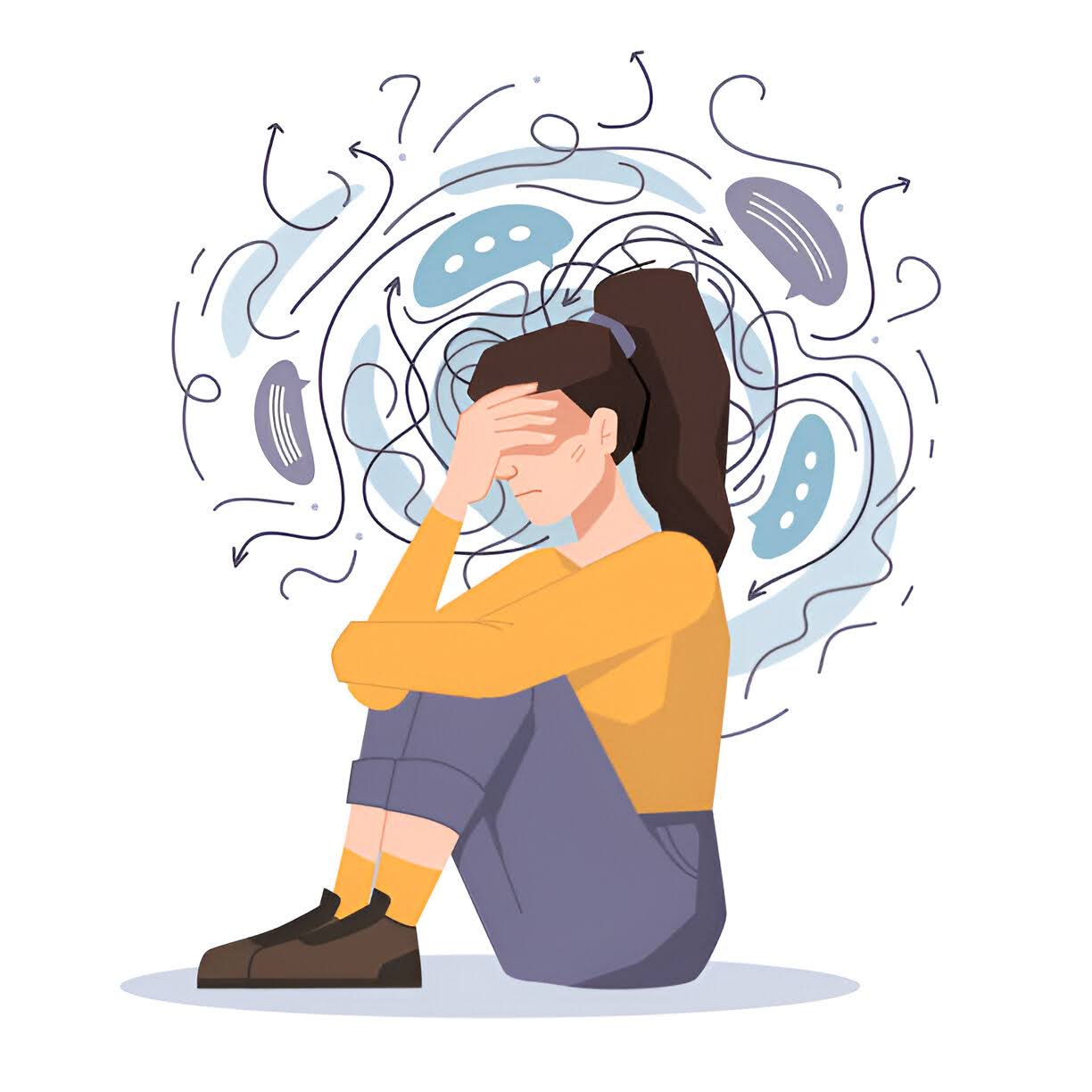
Factors such as anxiety or depression can significantly contribute to feelings of fatigue throughout the day, even if you've received a sufficient amount of sleep. Additionally, conditions like bipolar disorder or premenstrual dysphoric disorder can also contribute to daytime drowsiness. It's not uncommon for people to experience difficulty falling back asleep in the early morning due to mood-related issues such as depression.
Chronic Health Problems
Sleep Apnea
Did you know that one in three Singaporeans is affected by a common condition known as obstructive sleep apnea? This troublesome ailment disrupts sleep quality by causing regular awakenings throughout the night. Individuals suffering from this condition experience blockages in their airways while sleeping, causing their brains to gasp for air frantically.
The scariest part? You may not even realize that your sleep is being disturbed multiple times each night until you start to experience the classic symptoms: excessive snoring, headaches, and morning fatigue. It's crucial to detect and address obstructive sleep apnea swiftly, as it has the potential to lead to serious – and even fatal – heart problems if left untreated.
Treatment
There are various medical treatments available for blocked airways. One highly effective approach involves using an airway device to keep the throat open by delivering a continuous airflow. Alternatively, soft palate implants can also be used to lower the risk of obstruction. In addition to these options, making lifestyle changes such as reducing alcohol consumption, quitting smoking, and achieving a healthy weight can significantly improve obstructive sleep apnea.
Narcolepsy
Narcolepsy is a sleep disorder linked to brain function. It occurs when the mind cannot regulate sleep patterns, resulting in sudden and profound drowsiness throughout the day. Additionally, narcolepsy can disrupt your nighttime routine by causing hallucinations, vivid dreams, or even speaking in your sleep.
Treatment
The most popular treatment for narcolepsy symptoms is taking pharmaceutical medicines. These include stimulants that help you stay awake during the day and antidepressants that lessen the intensity of symptoms that you experience at night.
Restless Leg Syndrome (RLS)
A less common medical issue that makes it more difficult to fall asleep and stay asleep is restless leg syndrome. One of the main symptoms of the illness is an excruciating, agonizing need to move one's legs constantly. People with this illness consequently feel weary during the day and have reduced quality of sleep.
Treatment
Although restless leg syndrome has no known cure, it is frequently a symptom of another underlying medical disease. Previous studies have discovered strong correlations between restless leg syndrome and peripheral neuropathy, diabetes, Parkinson's disease, and iron deficiency. Treating these ailments can help with your restless leg syndrome problems.
As an aside, there are strategies to control your illness to lessen the pain. Regular massages and daytime exercise can help minimize these painful feelings by moving your legs. Sometimes, even the best pillow or the right mattress gives you a fulfilling sleep.
How Much Sleep Does Your Body Truly Requires?
The quality and quantity of your sleep can significantly impact your overall health, affecting everything from your memory to your immune system. On average, experts recommend getting seven to nine hours of sleep each night. However, this can vary for each person depending on their need to feel well-rested. Furthermore, age can affect how much sleep you should aim for.
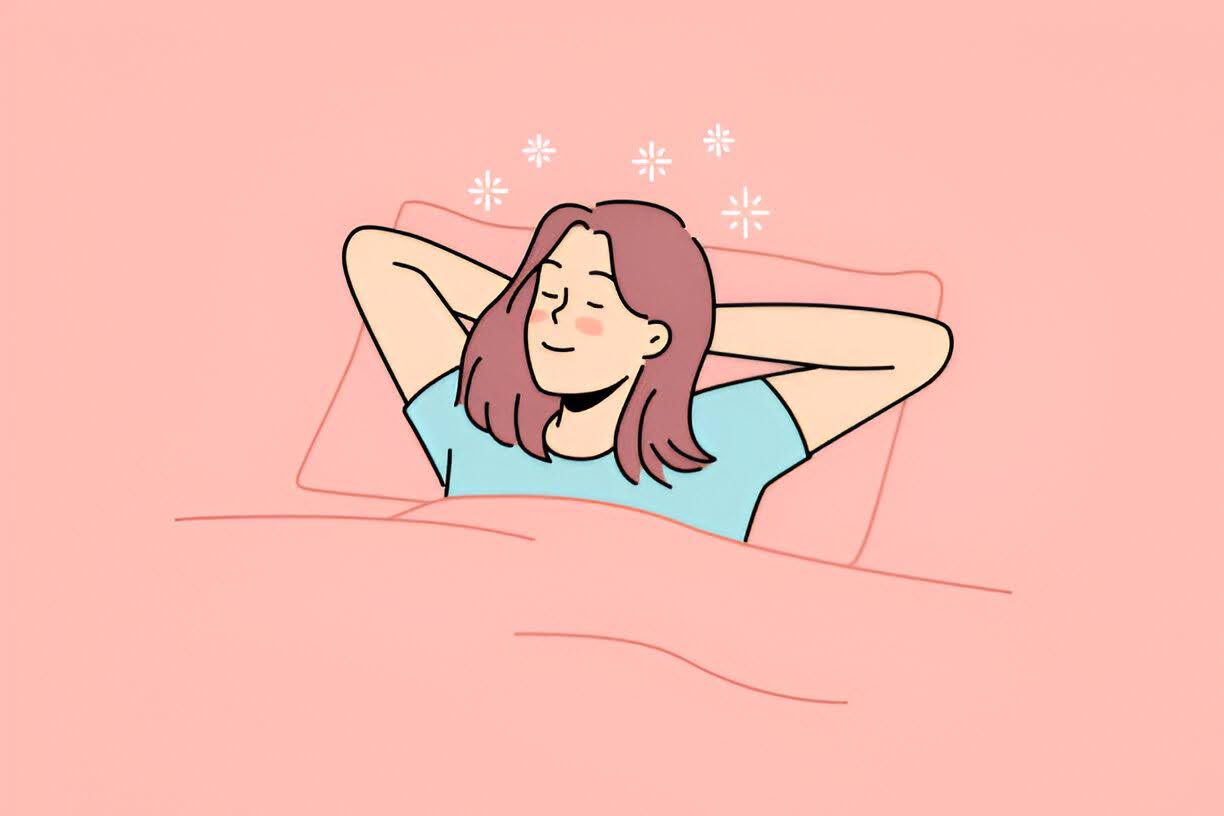
For individuals over 13, around eight hours of sleep is recommended to allow the body to recover and feel rejuvenated for the next day fully. Of course, some people may feel sufficiently rested with fewer hours of sleep, while others may require more. And let's be honest; we have all had those nights where we stay up way too late "cramming" for a test or having a movie marathon. But in the long run, prioritizing proper sleep is crucial for our overall well-being.
Even if you claim to be content with less than seven hours of sleep each night, your body may be trying to tell you otherwise. It's crucial to recognize the difference between the amount of sleep you require to function simply and the amount you need to feel rested truly. Many people may say, 'I can function on just six hours of sleep, but then confess to not feeling their best with such little rest, indicating they need more sleep.
Is it possible to oversleep?
What happens when you consistently sleep more than eight hours each night? While there are certain circumstances where extra sleep may be necessary, such as recovering from an illness or making up for lost rest, it's essential to be aware of potential warning signs of a sleep disorder or underlying health issue.
If someone regularly sleeps 10 or more hours daily and wakes up feeling rested without naps, they may simply be a "long sleeper." However, if they wake up tired, struggle to stay awake during the day, or feel worse after a nap, this could be a sign of a sleep problem. It's best to consult a sleep specialist to address any underlying issues.
How Can You Improve the Quality of Your Sleep?
Control Your Diet
Eating a large meal or consuming excessive fluids close to bedtime can cause discomfort and increase the likelihood of disruptions during sleep. It’s best to have dinner a few hours before sleep and limit too much fluids in the evening to prevent frequent trips to the bathroom.
No Screens Before Sleeping
Even with a good bedtime routine, using your phone before sleep can negatively affect your rest. The screens of our devices emit light that can disrupt our natural sleep rhythms. Make your bedroom a phone-free area. Alternatively, try to minimize your screen time at least one hour before bed.
Sleep Friendly Setup
Transform your bedroom into a tranquil and cozy oasis. The ideal setting for most individuals is a dim, peaceful, and noise-free environment. To achieve this, consider using earplugs, eye masks, or calming white or pink noise to block out outside disturbances.
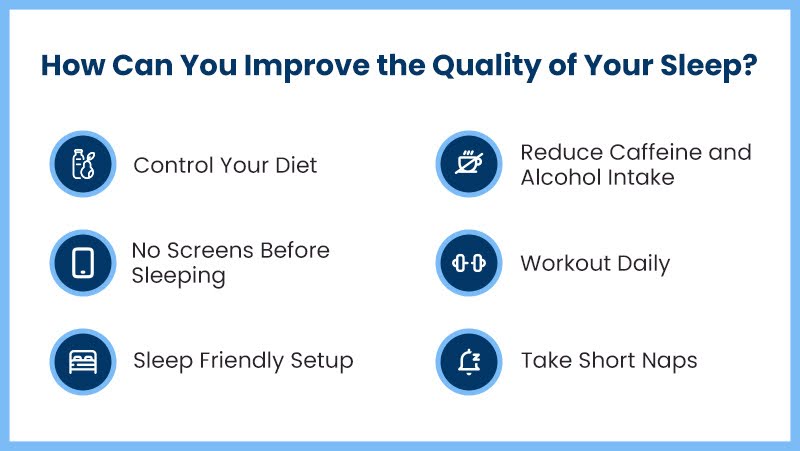
Reduce Caffeine and Alcohol Intake
Refrain from consuming caffeine (such as coffee, tea, chocolate, and certain sodas) or alcohol before bedtime. Both substances can disrupt your sleep cycles and diminish overall sleep quality.
Workout Daily
Incorporating physical activity into your daily routine can enhance the quality of your sleep. However, avoid intense exercise before bed, as it may revitalize your body and hinder your ability to doze off quickly.
Take Short Naps
Incorporating naps into your routine can be highly beneficial. To ensure a restful experience, limit your nap to under an hour to avoid disturbing your regular sleep schedule.
Visit Your Doctor If….
If you find yourself still experiencing intense exhaustion and weariness throughout the day, even after consistently getting the recommended seven to nine hours of sleep each night, it may be time to seek further assistance.
If you are not seeing improvement despite trying different lifestyle adjustments, it may be worth looking into a possible sleep disorder. Remember, sleep plays a vital role in maintaining overall health and well-being. So, if your body is signaling something is not quite right, paying attention and seeking guidance from a healthcare professional is crucial.
Sources:
12 Reasons You're Always Tired (and What to Do About It): Healthline
Waking up tired after 8 hours of sleep? - Daytime tiredness: SleepTest
Still tired after 8 hours of sleep? 6 possible reasons: TheHealthSite

